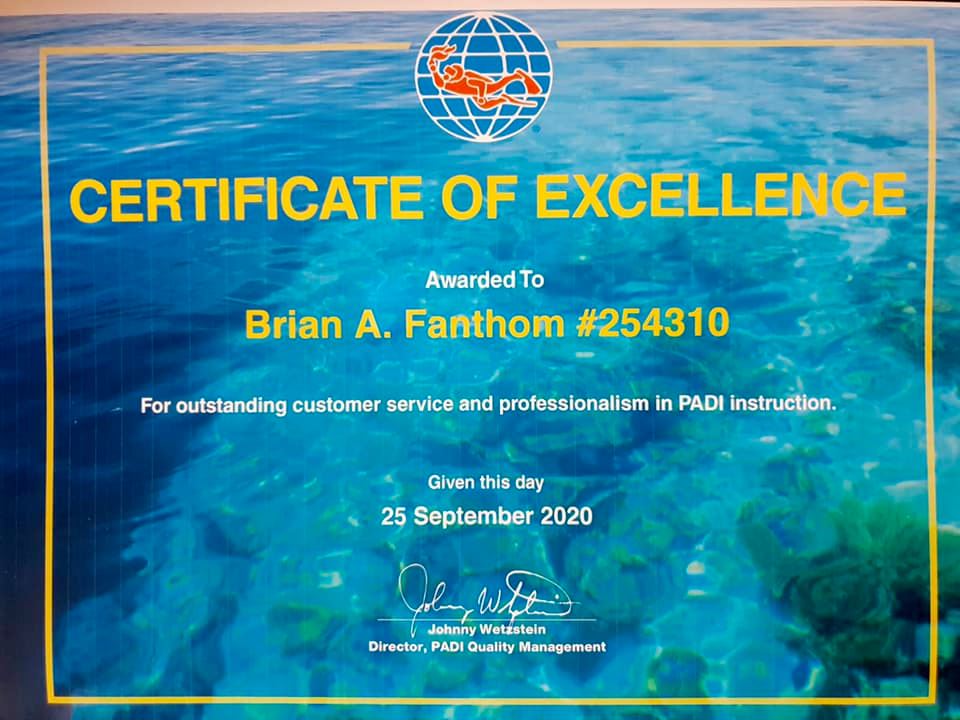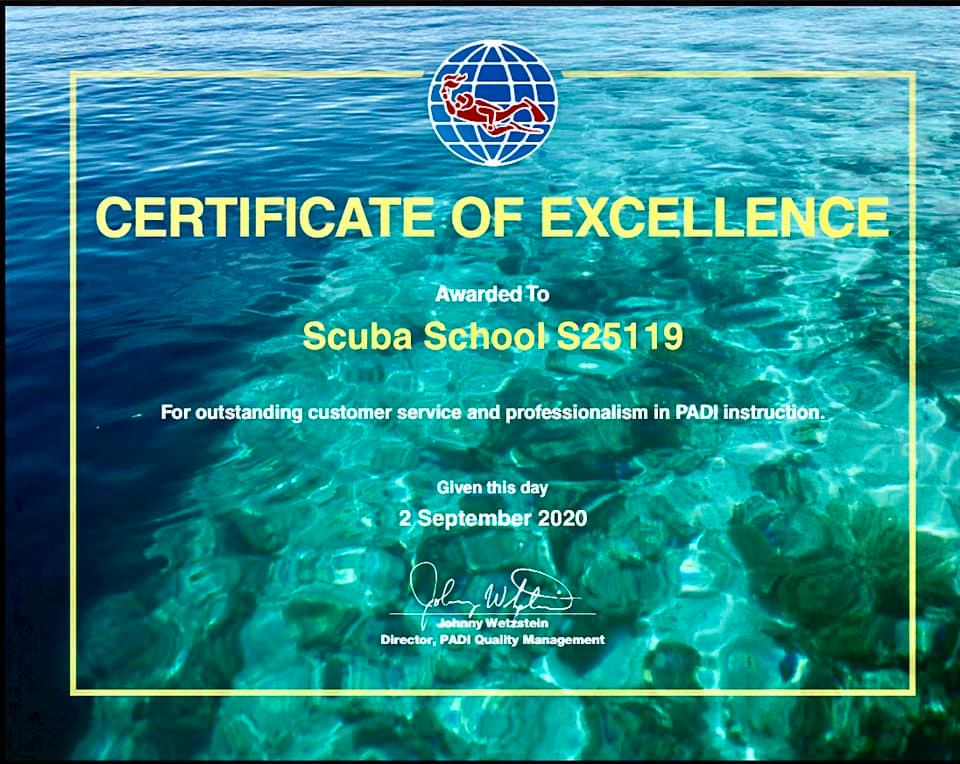Key information can be found on the Government website.
The health, welfare and safety of all Scuba School members is always of our highest priority and we recognise that the coronavirus outbreak, its spread and associated media publicity can heighten awareness and concern.
Scuba School continuously monitors current government advice to assess the risk as appropriate. We also work closely with our PADI HQ to make sure we respond adequately, effectively and immediately.
Risk to divers and snorkellers
A coronavirus is a type of virus with typical symptoms including fever and a cough which may progress to a severe pneumonia causing shortness of breath and breathing difficulties.
Those at greatest risk from the virus would include those with weakened immune systems and long term conditions such as chronic lung disease, cancer etc. who are not likely to be within the diving and snorkelling population. Divers should, however, be considerate of any potential risk to other family members and close associates who have underlying medical conditions and act accordingly.
Taking precautionary measures
The general steps individuals should take to protect themselves and others are the same as those to avoid flu and any other similar respiratory infections.
Anyone with any symptoms should stay at home and not attend branch or any other training or diving/snorkelling event.
You should maintain good hand, respiratory and personal hygiene, and:
* wash your hands frequently with soap and warm water
* use hand sanitiser if unable to wash hands
* if you cough or sneeze use tissues to trap germs
* dispose of used tissues in a rubbish bin as quickly as possible
In a diving or snorkelling context
Divers or snorkellers exhibiting any illness including flu-like symptoms should NOT engage in diving activities, including training.
All Scuba School’s equipment is cleaned after every course with Chemgene HLD4L, high level laboratory surface disinfectant. If you have any queries about using scuba equipment or how to keep your own equipment clean, now but also in the future, please do not hesitate to contact the Scuba School dive shop.
Hand hygiene remains a key precaution but it should be noted that diving or snorkelling activity takes place by immersion in water and all surfaces, including any bare skin, will be constantly washed with the surrounding fluid. The chemicals in swimming pools will provide additional protection.
Above and beyond the hygiene standards advised by the WHO and other organisations, the following recommendations from DAN and PADI should help prevent transmission and infection by divers.
- Use mask defog solution or soap, not saliva and spit to clear your mask
- Thoroughly disinfect masks (especially the nose pockets), snorkels, regulators and BCD oral inflators before and after use.
- Other potentially infectable items might include orally-inflatable SMBs and BCD whistles. Be thorough.
- Make sure the interiors of regulators and snorkels are properly cleaned, not just the mouthpiece.
- Take care when practising air-sharing exercises or buddy checks where two people might share the same regulator.
- Pay particular attention to rental gear. You may wish to ask for it to be disinfected prior to use, even if the staff say it was properly washed after its last outing.
- Commonly used antibacterial cleaning products – such as mouthwash – are ineffective against coronaviruses. A 10% bleach solution or other appropriate cleaning agent cleaner should be used (household cleaning products, alcohol etc) and – needless to say – thoroughly rinsed afterwards.
- Avoid communal rinse tanks that are not bleached or otherwise cleaned and disinfected on a regular basis.
- Carry disinfectant wipes in your kit bags when you’re away from the dive centre. Make sure you dispose of them carefully.
The government has yet to issue any guidance on the conduct of large scale public events.
For more information:
Public health advice from the Government
NHS advice on coronavirus


